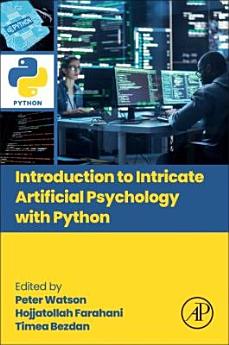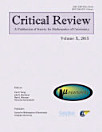Introduction to Intricate Artificial Psychology with Python
About this ebook
About the author
Peter Watson holds three degrees in Mathematical Statistics including a Ph.D. (Manchester). He has been providing statistical support in various ways to the research at CBSU, the Cognition and Brain Sciences Unit in Cambridge (and its predecessor, the Applied Psychology Unit) since 1994 (and prior to that fulfilling a similar role at the MRC Age and Cognitive Performance Research Centre in Manchester). He is the co-author of over 100 papers and lectures at the University of Cambridge. He is a statistical referee for several journals including BMJ Open and the Journal of Affective Disorders. He has also been a major contributor of articles to the on-line CBSU statswiki web pages which receive upwards of 100,000 visits annually. He has also been secretary, since 1996, of the Cambridge Statistics Discussion Group and chair and meetings organiser for the SPSS users’ group (ASSESS) since 2001 and has also been a member of the Clinical Trials Advisory Panel for Alzheimer’s Research UK.
Hojjatollah Farahani is an Assistant Professor at the Tarbiat Modares University (TMU), Iran. He received his Ph.D. from Isfahan University in 2009, and he was a postdoctoral researcher in Fuzzy inference at the Victoria University in Australia (2014-2015), where he started working on Fuzzy Cognitive Maps (FCMs) under supervision of professor Yuan Miao. He is the author or co-author of more than 150 research papers and a reviewer in numerous scientific journals. He has supervised and advised many theses and dissertations in psychological sciences. His new book is “Introduction to artificial Psychology using R “which was published by Springer in 2023. His research interests and directions include psychometrics, fuzzy psychology, artificial intelligence, machine learning algorithms in psychology theoretical neuroscience, neurological pain, and trauma.
Timea Bezdan is a Ph.D. candidate at the University Singidunum in Belgrade, Serbia, pursuing a doctoral degree in Computer Science. She works as a Teaching Assistant at the Technical Faculty and Faculty of Informatics and Computing within the same institution. Her principal research pursuits encompass optimization, swarm intelligence, machine learning, and artificial intelligence. Her scholarly contributions comprise over 40 published scientific papers, featured in esteemed journals and international conferences, all of which delve into these aforementioned domains.





